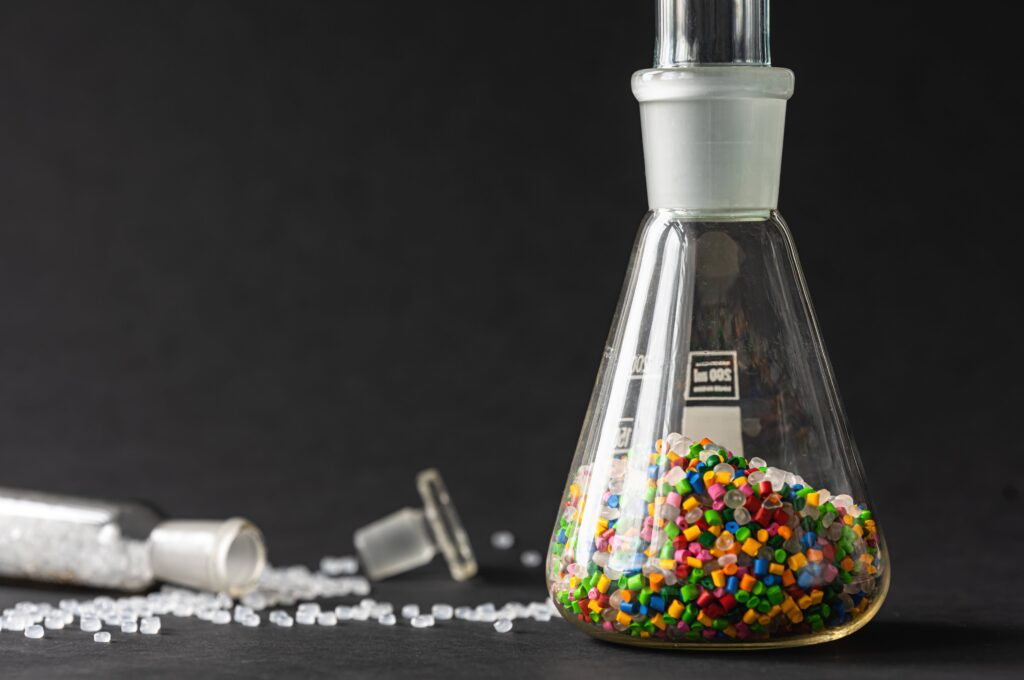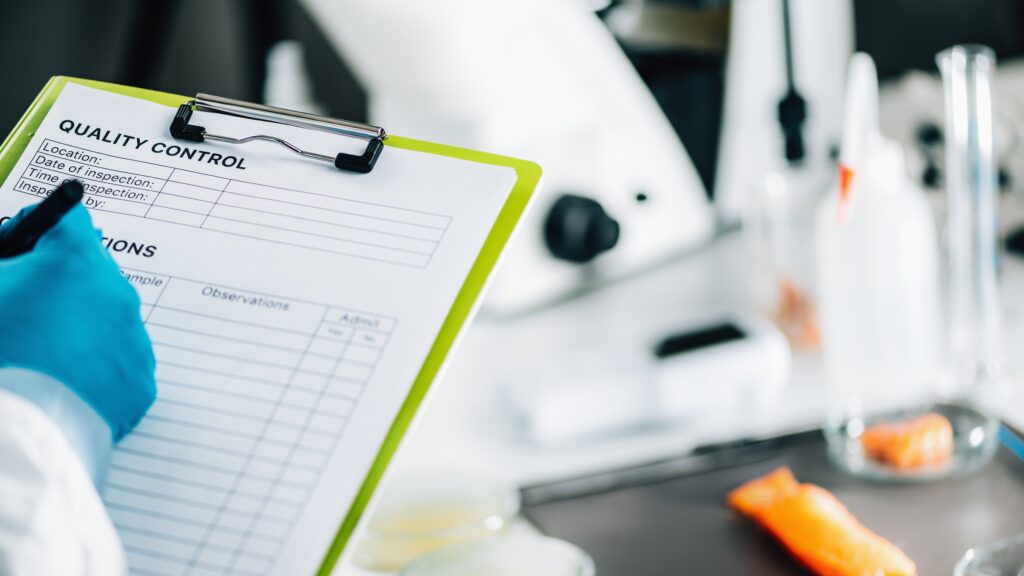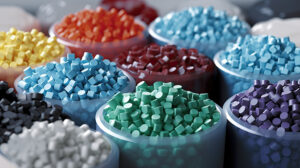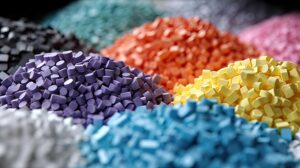Antimicrobial additives enhance the safety and hygiene of plastic products by inhibiting the growth of harmful microorganisms.
Antimicrobial plastics are synthetic polymer materials that contain active ingredients that prevent the growth of microorganisms on the surface or inside the plastic. They can offer protection against bacteria, fungi, and algae and help extend plastic products’ lifespan and performance. Antimicrobial plastics are widely used in various industries, such as food service, healthcare, construction, and transportation.
However, incorporating antimicrobial additives into plastic manufacturing processes is complex. Different additives have different characteristics, compatibility, and effectiveness depending on the type of plastic, the manufacturing method, and the end-use application. It is important to follow some best practices to ensure optimal results and avoid potential problems.
Here are some of the best practices for incorporating antimicrobial additives into plastic manufacturing processes:
Choose the Right Additive for Your Plastic Type and Application
Many types of antimicrobial additives are available in the market, such as silver-based, zinc-based, organic-based, and metal-free. Each additive has its own advantages and disadvantages, such as cost, efficacy, stability, color, odor, toxicity, and environmental impact. Consult with an expert or a supplier to select the most suitable additive for your specific plastic type and application.
Considering these factors, it is crucial to consult with experts or suppliers who specialize in antimicrobial additives to determine the most suitable option for your specific plastic type and application. By seeking professional guidance, you can ensure that the chosen additive meets your requirements for antimicrobial performance, cost-effectiveness, safety, and environmental impact, ultimately enhancing the overall quality and functionality of your plastic products.

Test the Compatibility and Performance of the Antimicrobial Additive with Your Plastic
Before adding the antimicrobial additive to your plastic formulation, conduct some preliminary tests to check the compatibility and performance of the additive with your plastic. For example, you should test the antimicrobial plastic’s dispersion, homogeneity, rheology, mechanical properties, thermal stability, color stability, and shelf life. You should also test the antimicrobial efficacy of the plastic against various microorganisms using standard methods.
Evaluating the dispersion and homogeneity of the antimicrobial additive within the plastic matrix is important to ensure that it is well-distributed and uniformly incorporated. This can be achieved through visual examination, microscopy, or other appropriate techniques.
Rheological tests can determine the flow behavior and viscosity of the plastic formulation containing the antimicrobial additive. This information is essential for optimizing processing parameters and achieving desired product characteristics.
Mechanical property testing allows you to assess the impact of the antimicrobial additive on the strength, flexibility, and other mechanical properties of the plastic. This helps ensure that the additive does not compromise the overall performance and durability of the plastic product.
Thermal stability testing examines the resistance of the antimicrobial plastic to heat and temperature fluctuations. It is important to ensure that the additive does not degrade or lose efficacy under typical operating conditions.
Color stability testing assesses the long-term color retention of the antimicrobial plastic, ensuring that it maintains its appearance and aesthetic appeal over time.
Conducting shelf-life studies helps determine the stability and longevity of the antimicrobial plastic formulation under different storage conditions. This information is crucial for determining the suitable shelf life and storage recommendations of the final product.
To validate the plastic’s antimicrobial efficacy, it is essential to test its performance against various microorganisms using standardized methods. These tests assess the additive’s ability to inhibit or kill the growth of specific bacteria, fungi, or other harmful microorganisms.
Follow the Recommended Dosage and Processing Conditions of the Additive
Once you have selected and tested the antimicrobial additive, follow the additive’s recommended dosage and processing conditions to ensure optimal results. The dosage of the additive depends on factors such as the type of additive, the type of plastic, the manufacturing method, and the desired level of protection. The processing conditions of the additive depend on factors such as temperature, pressure, time, and mixing speed. Follow the instructions provided by the supplier or manufacturer of the additive.
Monitor and Maintain the Quality and Safety of the Antimicrobial Plastic
After incorporating the antimicrobial additive into your plastic manufacturing process, you should monitor and maintain the quality and safety of the antimicrobial plastic throughout its lifecycle. Conduct regular quality control checks to ensure the antimicrobial plastic meets your specifications and standards. You should also comply with regulatory requirements and certifications for your antimicrobial plastic product.

Choose Phoenix Plastics for Antimicrobial Additives
By following these best practices, you can successfully incorporate antimicrobial additives into your plastic manufacturing processes and create high-quality antimicrobial plastic products that can benefit your customers and your business. If you need any assistance or guidance in choosing or using antimicrobial additives for your plastic products, contact Phoenix Plastics today. We are a leading supplier of high-performance specialty additives for plastics that can help you enhance your products with antimicrobial protection.





